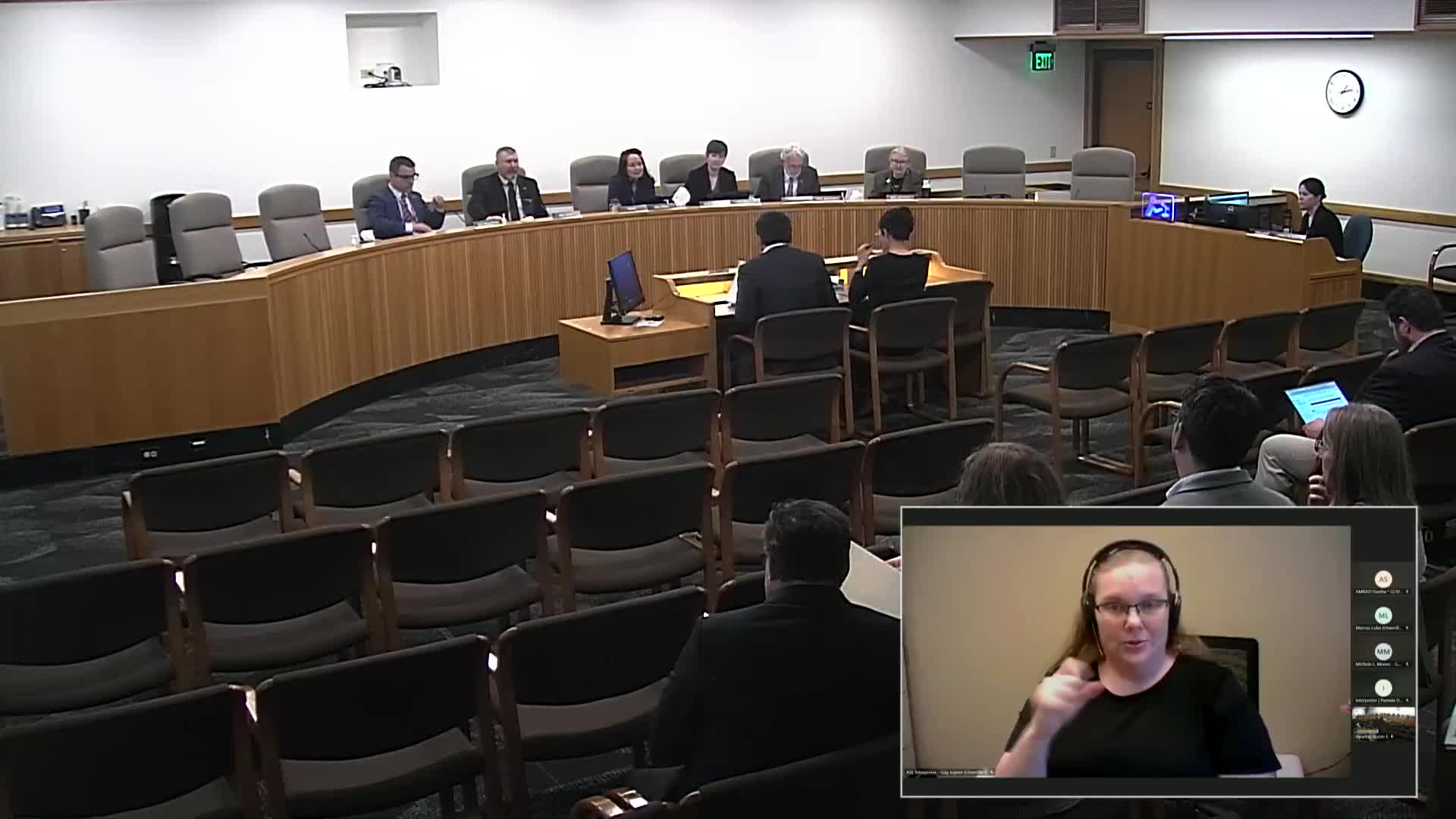Article not found
This article is no longer available. But don't worry—we've gathered other articles that discuss the same topic.
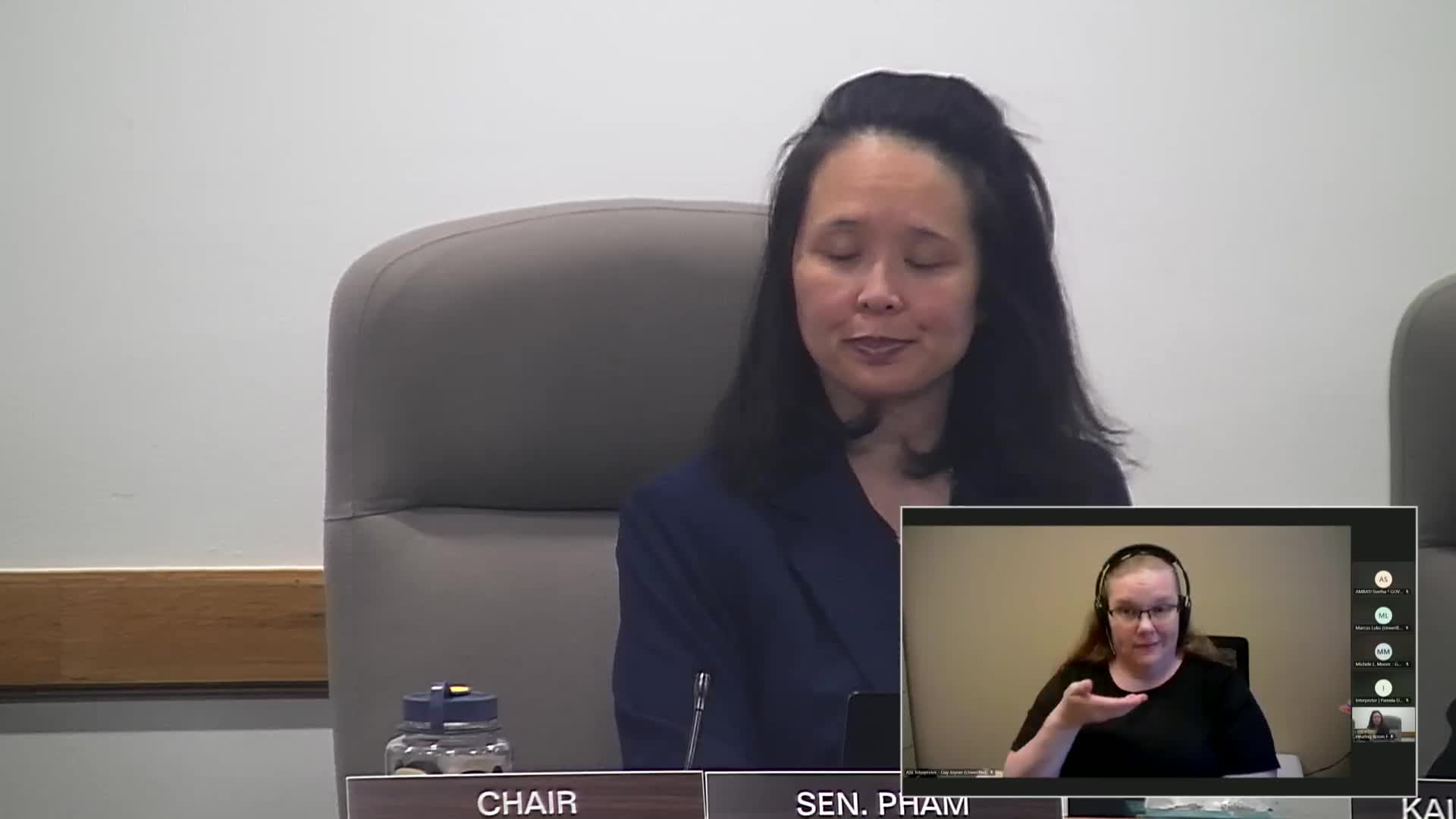
Senate committee hears public testimony on bill to codify OHCS flex lending

Committee advances bill barring new system development charges for fire sprinkler installations
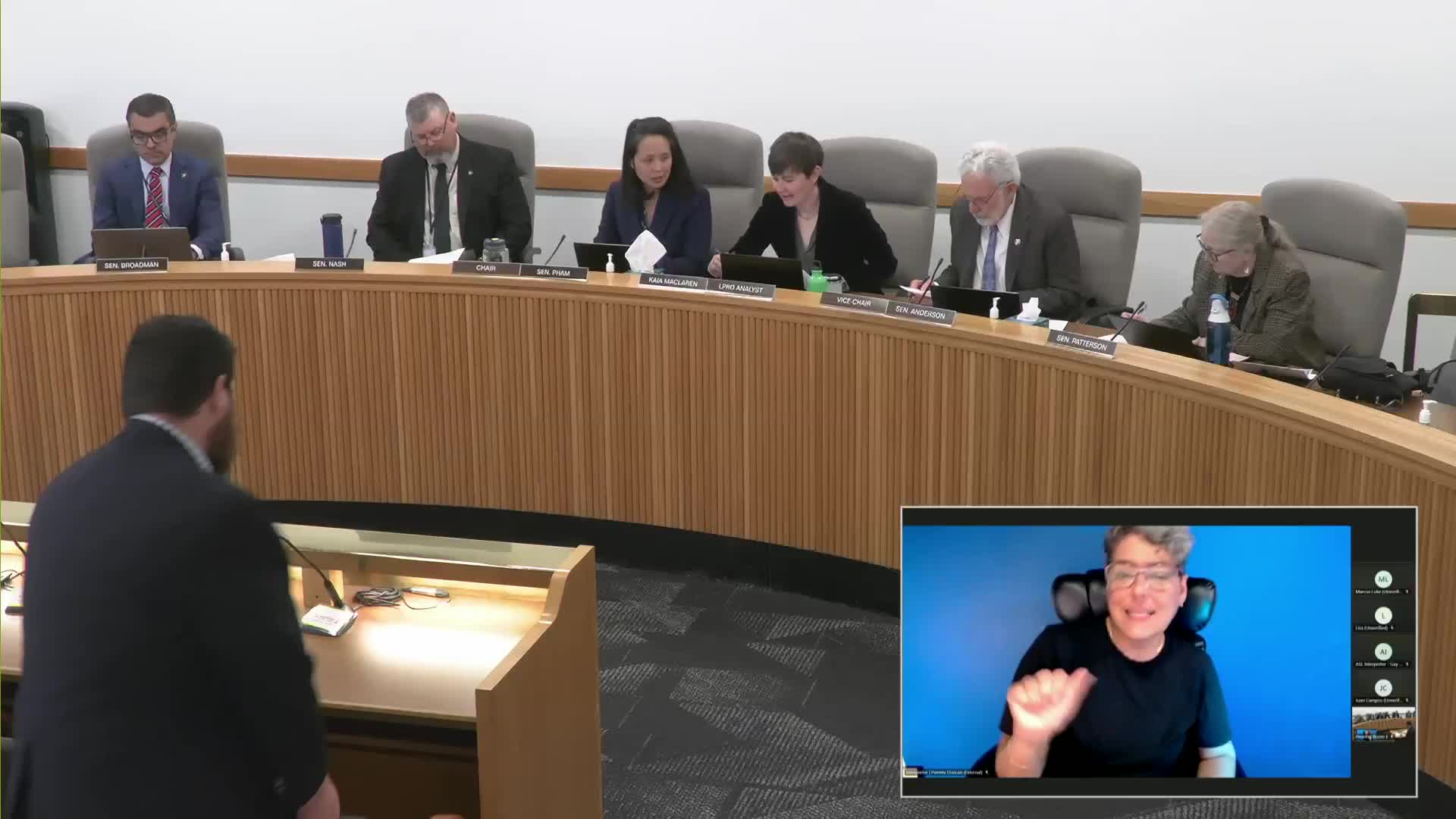
Committee advances bill to streamline annexation of urban growth territory to metropolitan service district
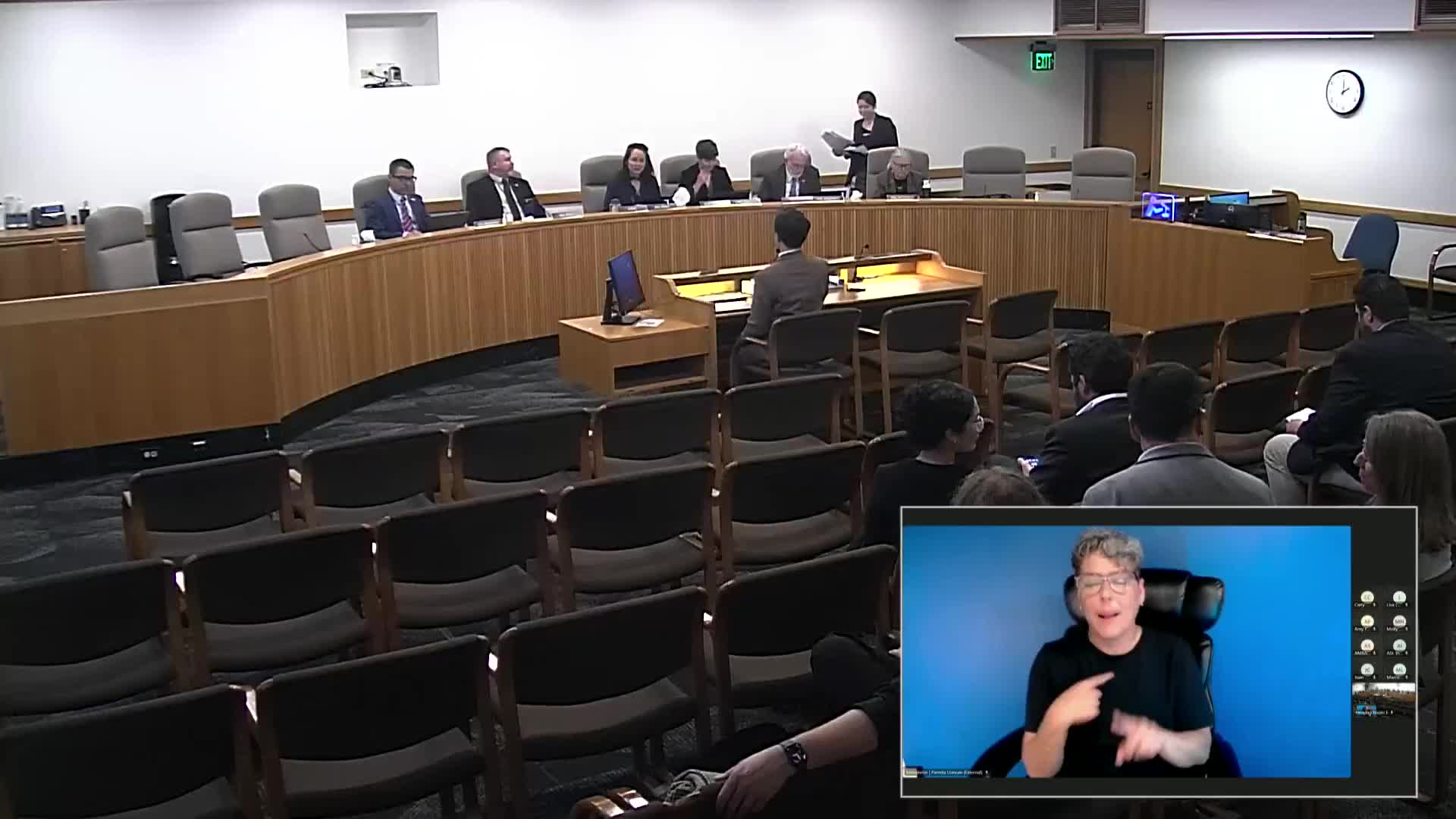
Oregon Housing Alliance, providers outline biennial budget priorities for prevention, preservation and homeownership
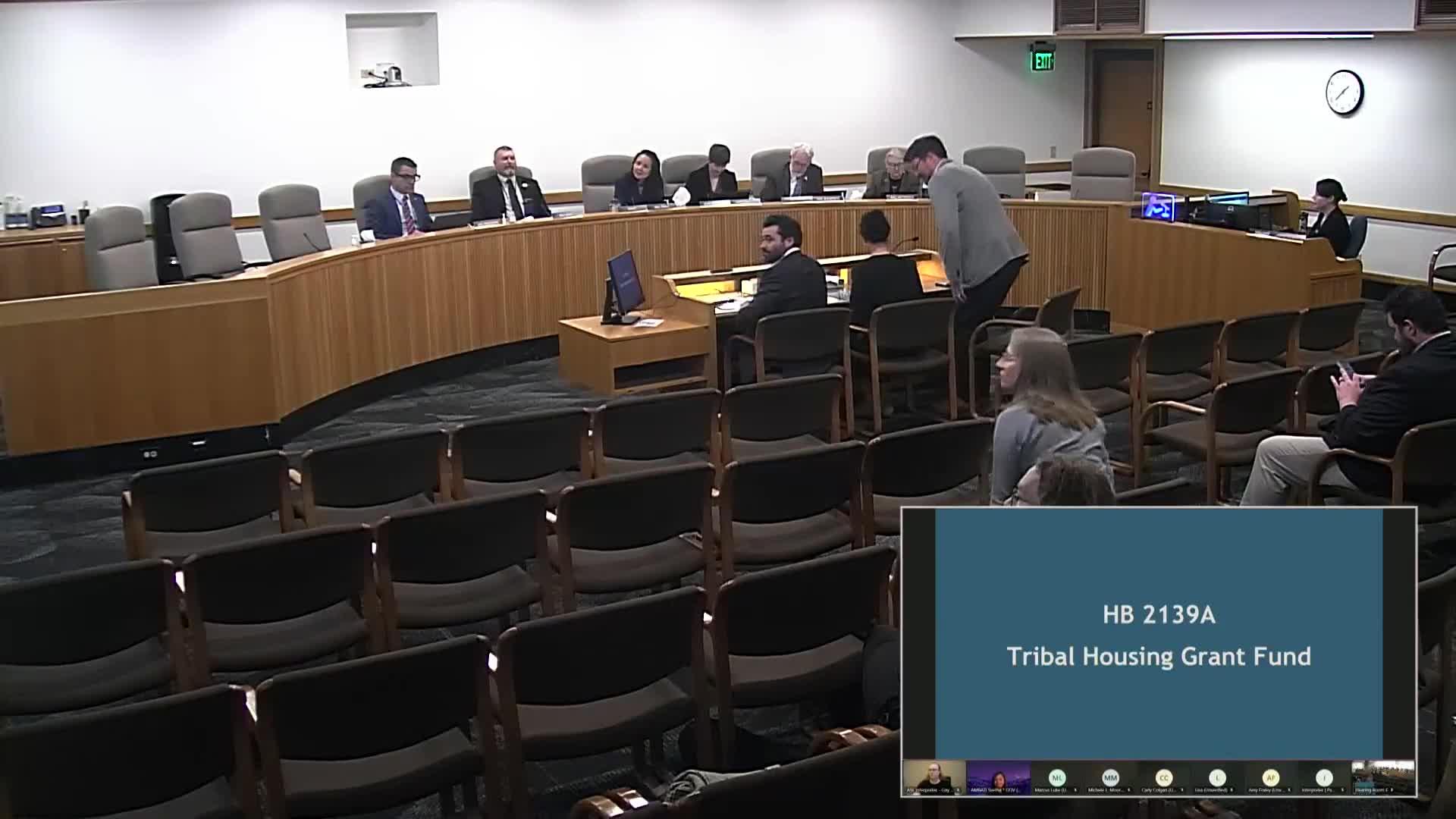
Bill would set up Tribal Housing Grant Fund to give nine Oregon tribes direct, flexible housing funding
